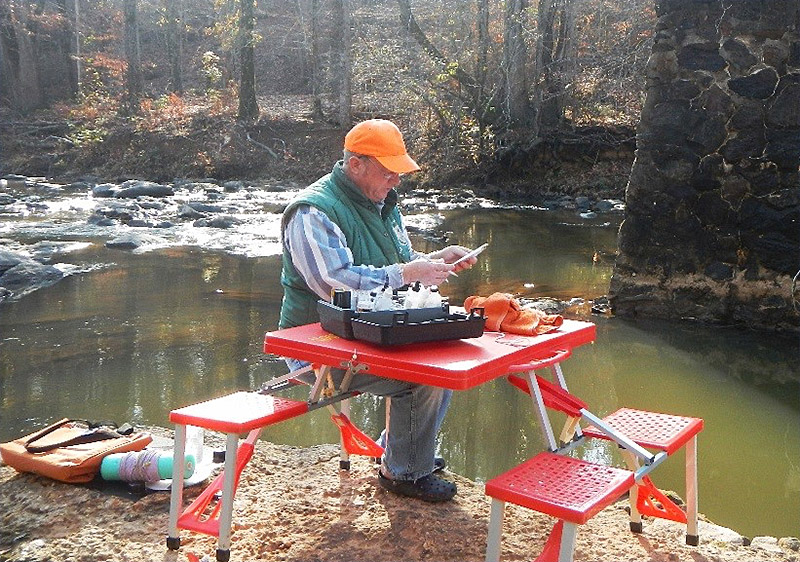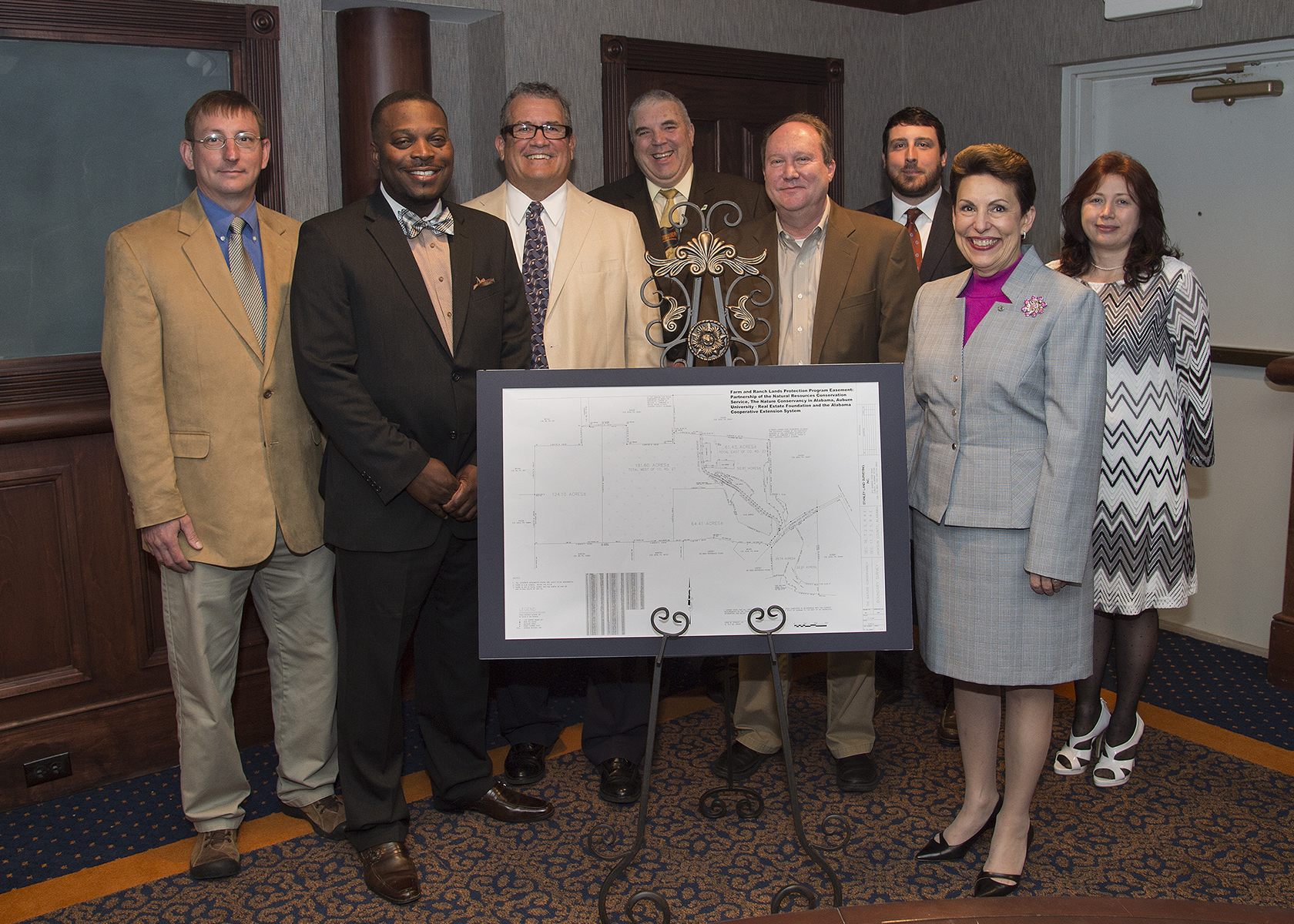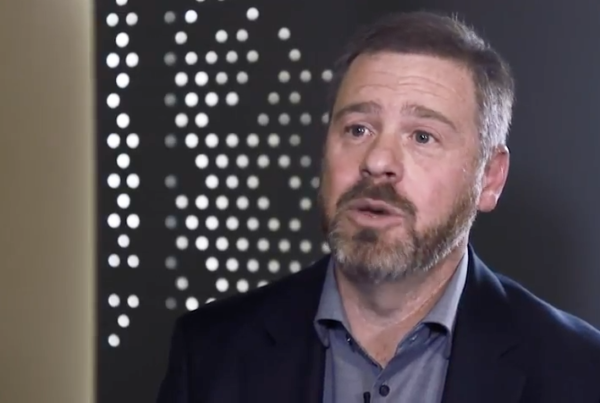
Whether planning a summer vacation at the bay or packing supplies for a day at the lake, most of us don’t give a moment’s thought to the quality of water at our destination — we assume Alabama’s waterways are safe. And we can thank volunteers in the Alabama Water Watch (AWW) program for this peace of mind.
Due to lack of funding, state agencies are only able to monitor about a fifth of the waters throughout the state. AWW, part of the Water Resources Center in Auburn University’s College of Agriculture, helps to fill that void.
A citizen science program, AWW has supported volunteer water quality monitoring to cover Alabama’s 132,000 miles of streams, rivers, and waterways for 25 years. On Tiger Giving Day, Feb. 21, 2017, AWW sought to provide testing kits and other materials for volunteers.
Donors raised $10,325 for the project. “These gifts will mean that we can do even more to accomplish our mission,” said Mona Dominguez, AWW volunteer coordinator.
“The reason we exist is to give people a way to protect and restore water resources in Alabama,” she said. “We empower citizens to take care of the waters they love.”
AWW staff and volunteer trainers provide, on average, 100 workshops per year throughout the state to train and equip volunteers. Until now, volunteers have purchased their own testing kits and supplies, which include a $300 up-front cost for each water test kit and additional replacement costs over time.
AWW Director Eric Reutebuch said the Tiger Giving Day project was designed to promote AWW watershed stewardship activities by providing resources to monitor new and orphaned sites throughout the state.
“Through the years, we’ve discovered that government regulations alone don’t necessarily work well when it comes to controlling pollution in stormwater runoff, known as nonpoint source pollution, which is the biggest threat to Alabama’s waters,” Reutebuch said. “That’s what makes the AWW program so unique. We focus on public education and awareness and empowering Alabama citizens to get involved in watershed stewardship to take care of the waterways they live on and recreate in.”
The Tiger Giving Day funding will provide water monitoring supplies and support training new monitors.
“We wouldn’t have a program without our volunteers, so that out-of-pocket expense is a big deal and could prevent some potential volunteers from participating,” Dominguez said. “Thanks to these Tiger Giving Day gifts, we can get more kits into the hands of volunteers who will continue their work on the front lines of water monitoring and restoration.”
More than 400 active volunteers currently conduct monthly tests and send in data to the AWW Program Office at Auburn, where it is stored and analyzed in their central database. Volunteers are encouraged to use their own data and take action to improve water quality where needed. The data is also critical for state agencies who monitor, regulate, and restore Alabama’s waterways.
“The Alabama Department of Environmental Management and other local and state organizations use our data for their studies and management decisions because the methods we use are reliable and backed by EPA quality assurance plans,” Dominguez said.
Future program needs include support for the 4-H Alabama Water Watch program, designed to train Alabama youth on water quality monitoring through science-based, hands-on experiences in the classroom and at creeks, rivers, lakes, or bays.
“What I love about the youth program is that we are introducing monitoring and restoration concepts to children and teens who will go on to become scientists, teachers, parents, leaders in business, and so on,” Dominguez said. “They’ll gain confidence and have fun with science, gain awareness of natural resource issues, and enjoy being in the outdoors. But what’s really great is that some will continue on as adults with the program and others will take this knowledge and experience into their lives and make a difference in their communities and the world.”





